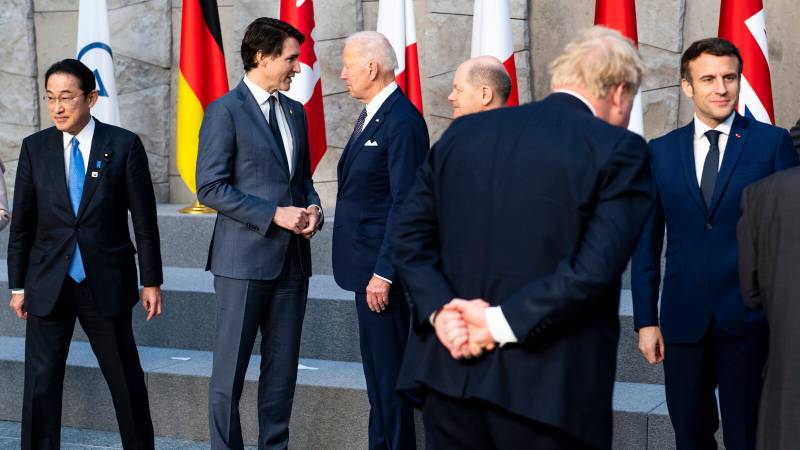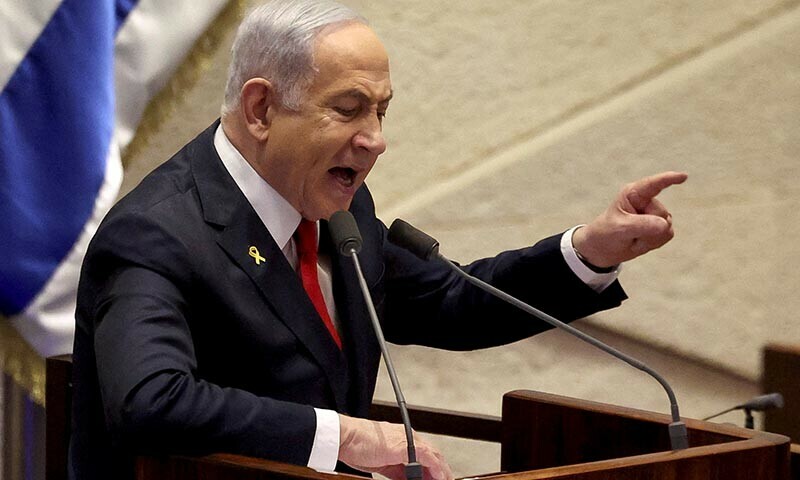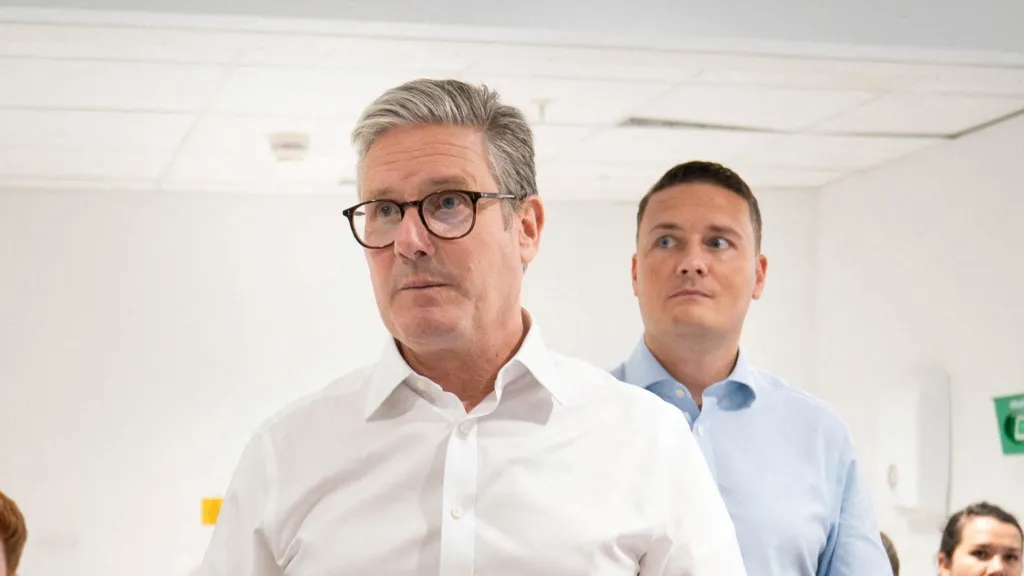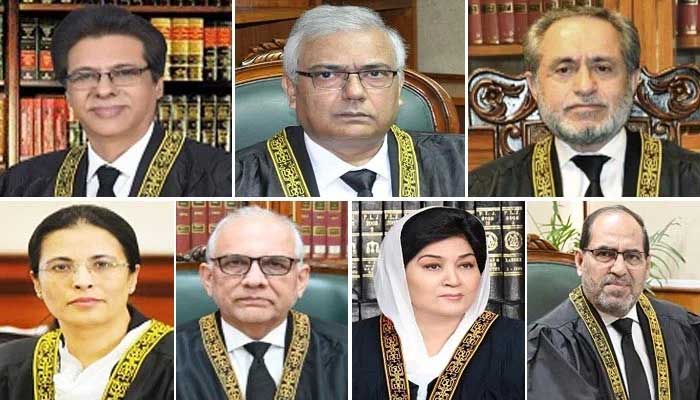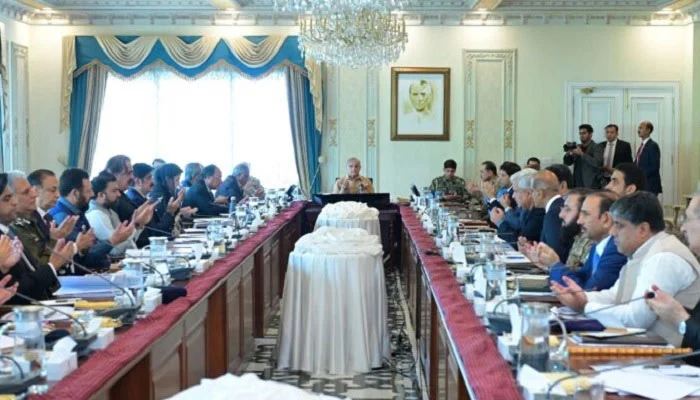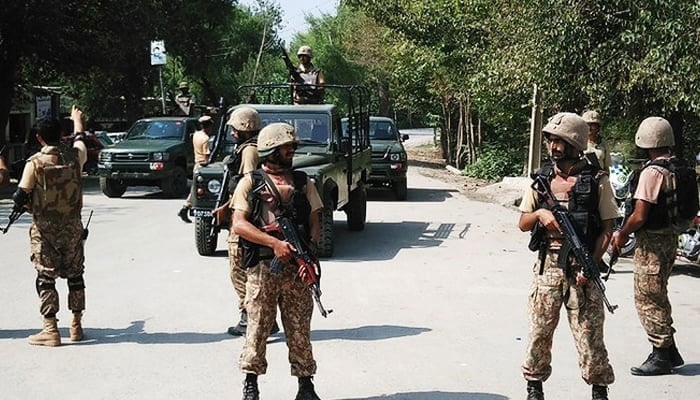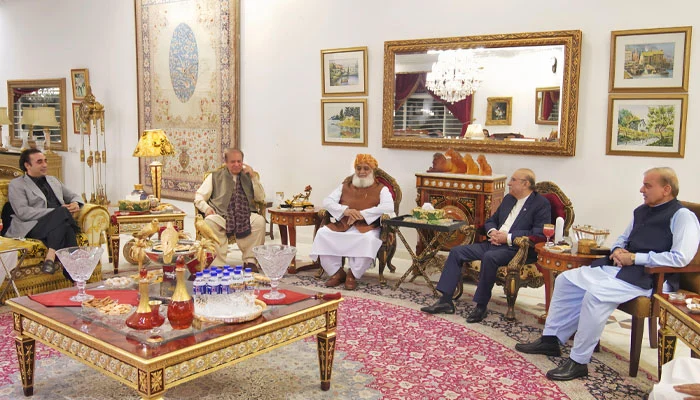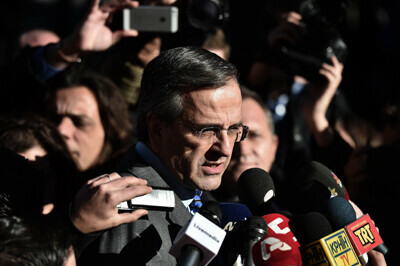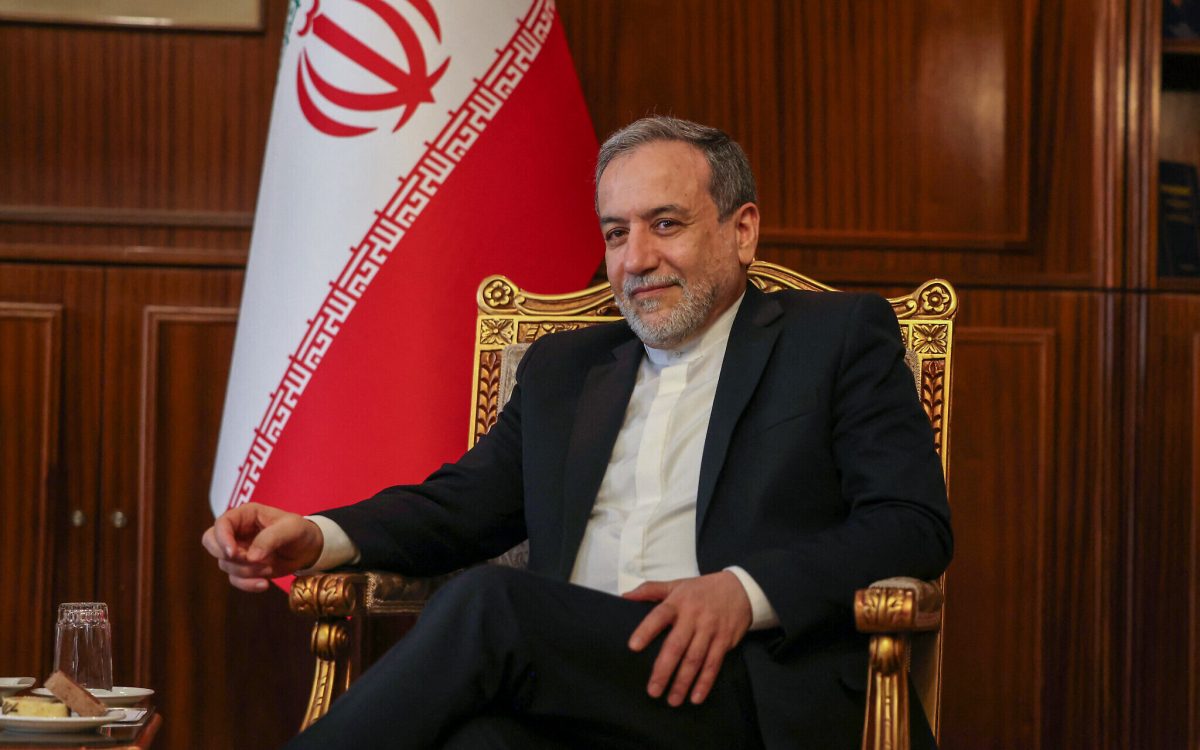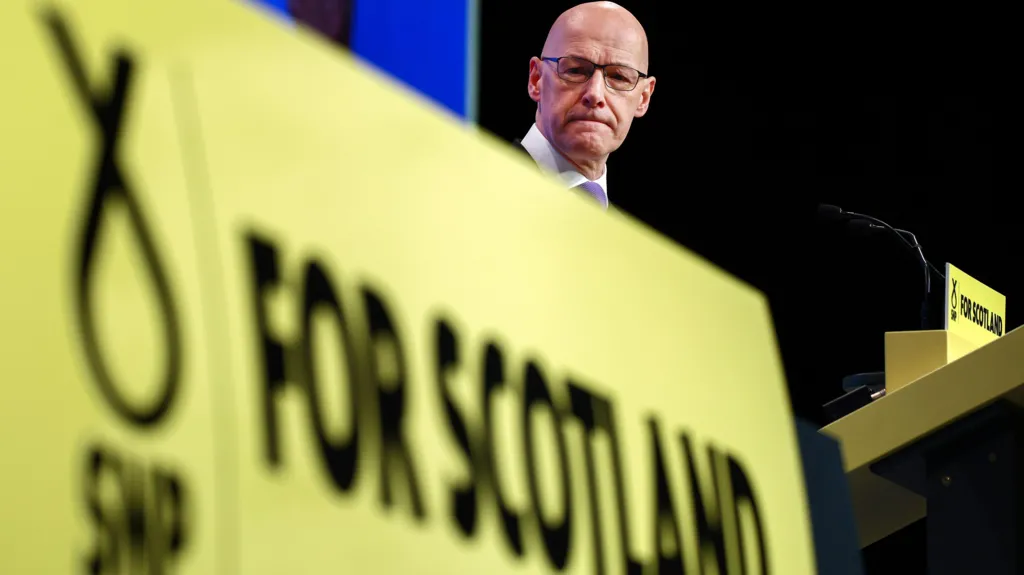Biden, who in January hands over the White House to Donald Trump, a sceptic of US support for Ukraine, urged a gathering of world leaders — attended by Russia’s foreign minister — to follow the US lead in backing Ukraine.
The missile dispute raged as Moscow unleashed a second missile attack in two days on the Ukrainian Black Sea city of Odesa, killing 10 people and wounding more than 40.
Kyiv has long sought authorisation to use US Army Tactical Missile Systems, or ATACMS, to hit military installations inside Russia as its troops face some of the most intense pressure since Russia launched its offensive in 2022.
Ukraine says strikes in Russia will help it prevent aerial bombardments that have levelled entire districts of towns near the front line and decimated energy facilities across the country.
“It’s obvious that the outgoing administration in Washington intends… to continue fuelling the fire and provoke a further escalation of tensions,” Kremlin spokesman Dmitry Peskov said.
Speaking at the G20 summit in Brazil, Biden urged other leaders to support Ukraine’s “sovereignty”.
“The United States strongly supports Ukraine’s sovereignty and territorial integrity. Everyone around this table in my view should as well,” Biden told the meeting.
A US official told AFP the major policy shift was in response to Russia’s deployment of thousands of North Korean troops to aid its war effort.
‘Direct US involvement’
Peskov said President Vladimir Putin had clearly expressed Moscow’s position in September when he declared that using the missiles would put NATO “at war” with Russia.
Putin said then that if Ukraine attacked Russia with long-range missiles, Moscow would “take the appropriate decisions” — a point the foreign ministry echoed on Monday.
“Kyiv’s use of long-range missiles to attack our territory would represent the direct involvement of the United States and its satellites in hostilities against Russia,” the ministry said in a statement, vowing an “appropriate and palpable” response.
Washington’s decision comes amid growing concerns over reports North Korea has deployed upwards of 10,000 troops to Russia to be sent into combat against Ukraine.
US Principal Deputy National Security Advisor Jon Finer said Washington had been clear it would formulate a response to the Kremlin’s decision to deploy “a foreign country’s forces” in Russia.
Zelensky visits frontline
Russia, which has been making rapid gains in Donetsk over recent weeks, claimed the capture of another village in the eastern region.
The Donetsk regional governor said three people had been killed and two wounded in Russian attacks on the towns of Siversk and Kostyantynivka.
President Volodymyr Zelensky said he had visited two key frontline cities — Pokrovsk and Kupiansk.
Pokrovsk is an important Ukrainian garrison city in the Donetsk region that Russian forces have been targetting, while Russian troops briefly entered Kupiansk last week and are close to the city outskirts.
“This is a tense area,” Zelensky said at Pokrovsk, thanking Ukrainian forces for ensuring that the wider Donbas territory was not “completely occupied by Russia”.
Biden’s decision to allow Ukraine to use US missiles to strike inside Russia could prompt European allies to also review their stance. Britain’s Prime Minister Keir Starmer refused to be drawn on the issue at the G20.
A senior Ukrainian presidency official expressed frustration over the time taken to tget approval, saying the decision was “needed a year ago”.
A Ukrainian serviceman deployed in the Donetsk region who identified himself as Odin echoed that sentiment.
“Is it long overdue. How long can this go on? They can kill our children, mothers,” he told AFP near Pokrovsk.
The international chemical weapons watchdog said meanwhile that it had found banned CS riot gas in shell and soil samples provided by Ukraine from the conflict zone.
The presence of the gas violated a convention on the use of toxic weapons.
Russia and Ukraine have accused each other of using chemical weapons, while Britain and the United States also charge Moscow with using banned toxic agents against Ukrainian troops.
Ukrainian engineers meanwhile were still repairing damaged facilities from a Russian missile and drone barrage a day earlier.
Prime Minister Denys Shmygal said around 220,000 consumers were without electricity in the Odesa and Dnipropetrovsk regions.


